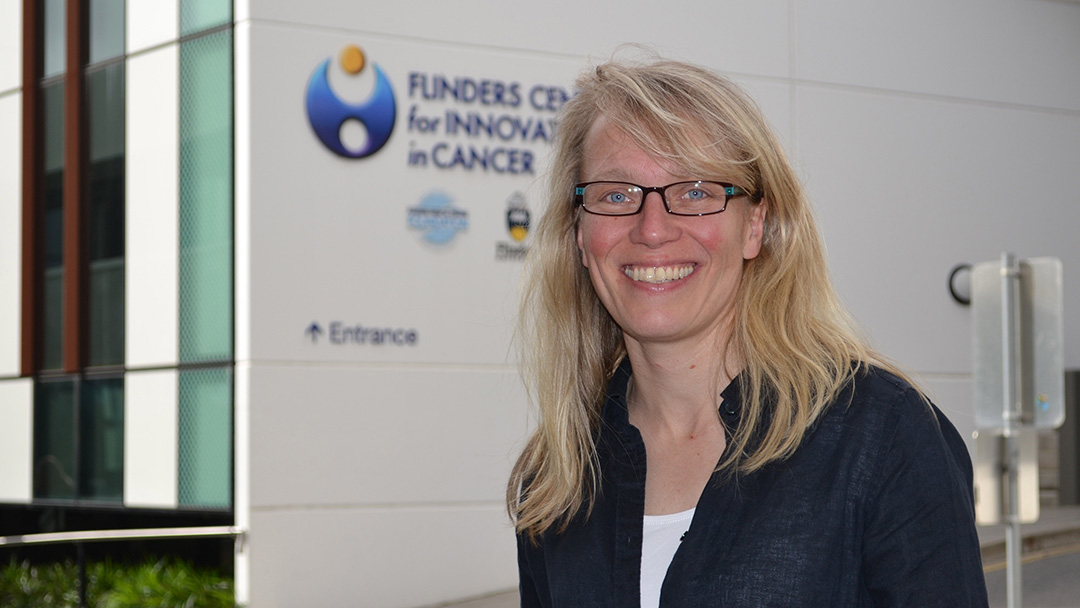
Matthew Flinders Professor Janni Petersen is a distinguished biochemist, geneticist, and cell biologist specialising in Cancer Cell Metabolism and Cell Biology. With a background in Biochemistry, Molecular Genetics, and Cell Biology from the University of Copenhagen, Denmark, she conducted pioneering research at prestigious institutions like The University of Manchester, Cancer Research UK Manchester Institute, and the Rockefeller University. Janni’s work revolves around understanding how tumour cells differ from normal cells in nutrient metabolism, focusing on nutrient-sensing signalling networks crucial in tumorigenesis. Since 2015, she has been a Professor at Flinders University, and holds a faculty appointment at SAHMRI (South Australian Health and Medical Research Institute), investigating cancer within the Nutrition and Metabolism theme, contributing to the Centre for Innovation in Cancer.
In 25 words or less, tell us what your research is about?
My focus is on cancer cell metabolism. We aim to understand how tumour cells differ from the rest of the body’s cells in terms of their nutrient metabolism.
How do you believe your research will impact patient care or public health outcomes?
The identification of strategies to target the unique properties of cancer cell metabolism, is likely to pave the way for future drug therapies that will specifically target tumours, whilst minimizing damage to the patient’s healthy tissues and consequently reducing side effects.
What do you enjoy most about being a researcher?
I feel immensely privileged to have a job that allows me to make daily exciting and fascinating new discoveries about the workings of the cells in our body. I enjoy sharing these moments with my students and witnessing the development of their own passion for the subject.
What do you do when you’re not researching?
Spending time outdoors, watching the night sky, walking, camping, gardening, and collecting crabs on the beach with my young twin daughters.
What advice would you give to aspiring health and medical researchers?
Follow your passion and curiosity about how the world works. As you develop your own theories of how things work, be your own toughest critic, actively seeking ways to prove yourself wrong. Pay close attention to unexpected findings in your datasets; these often lead to major new discoveries.

